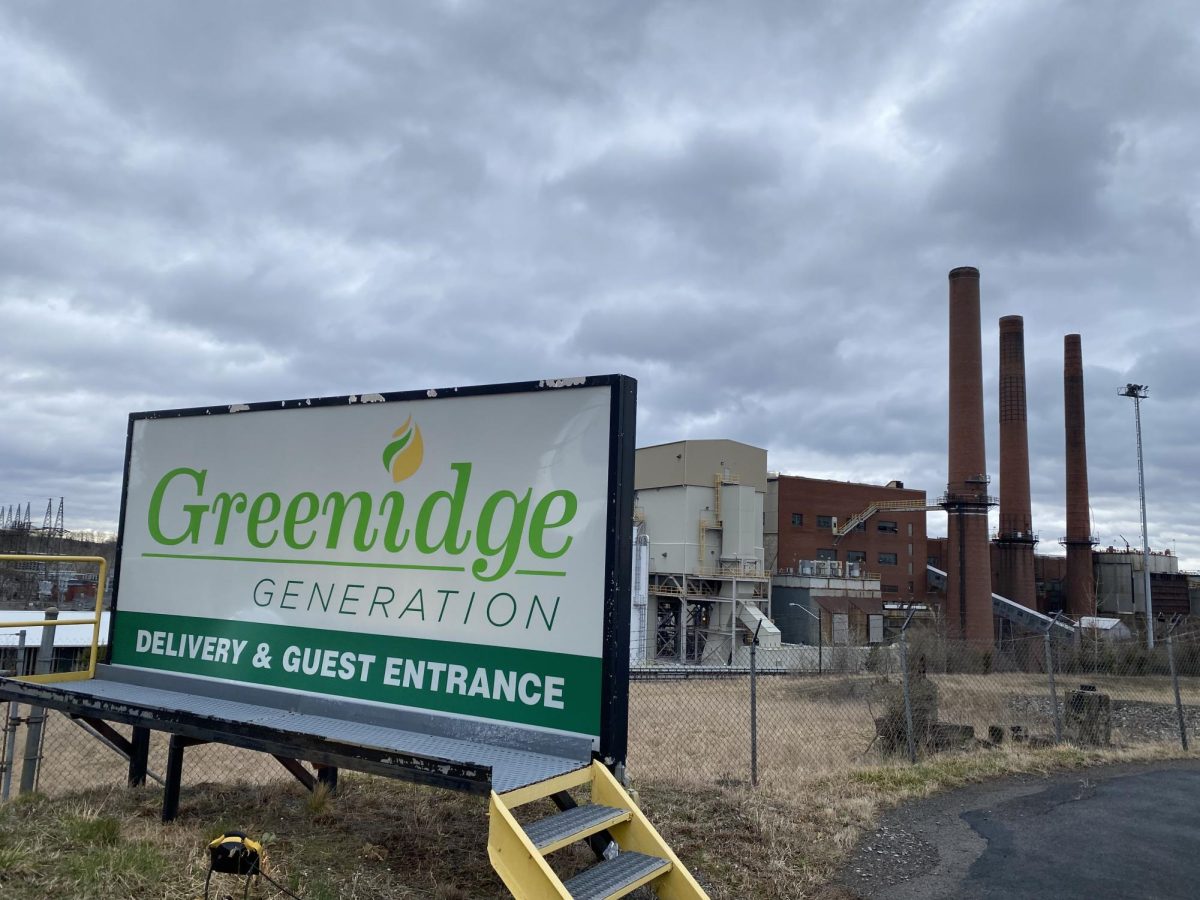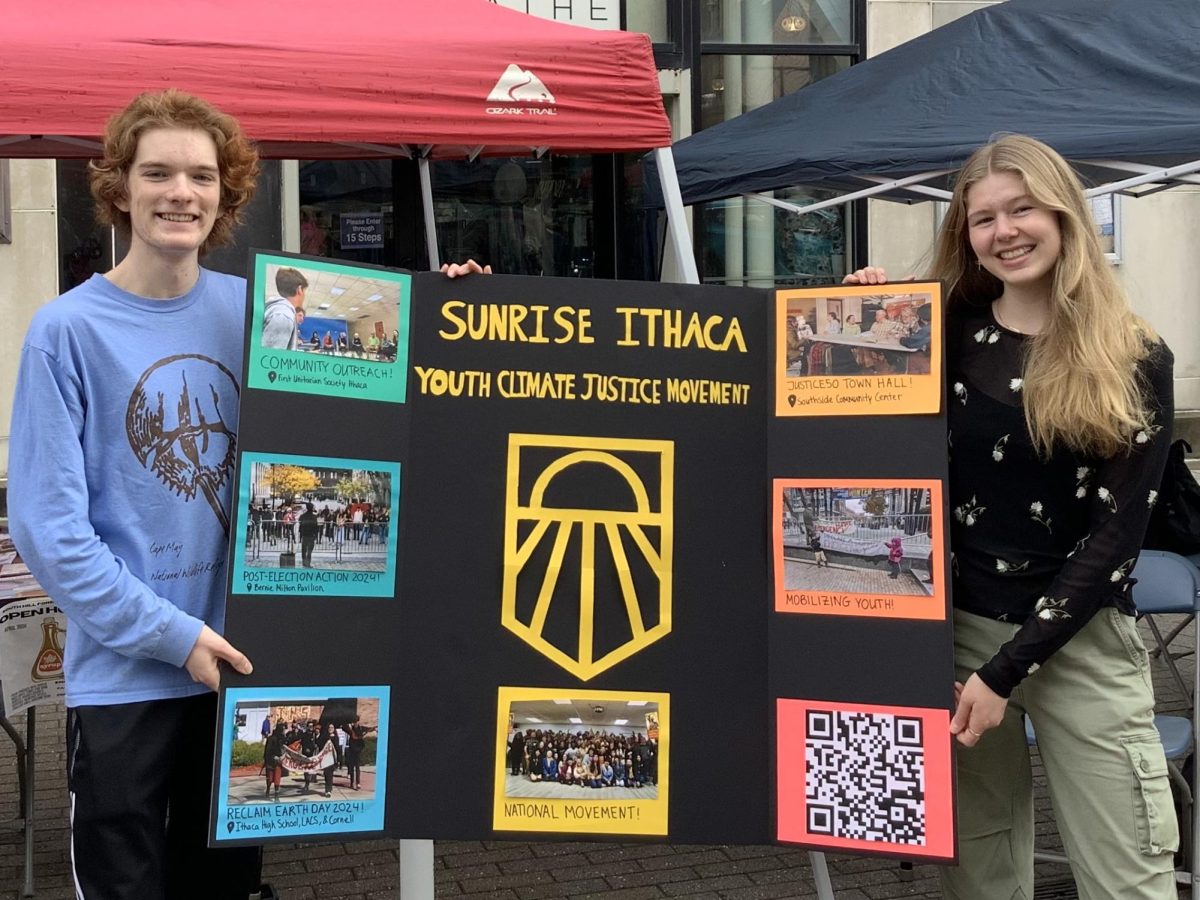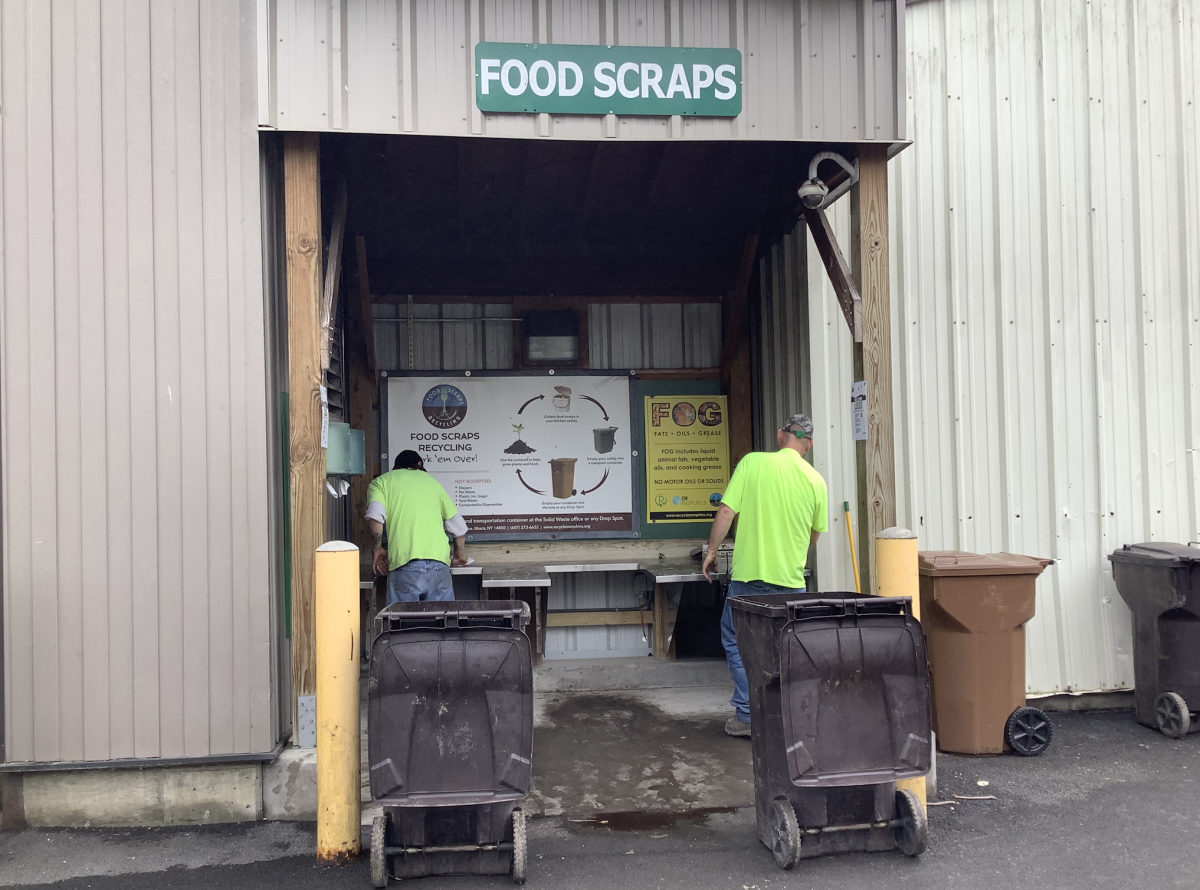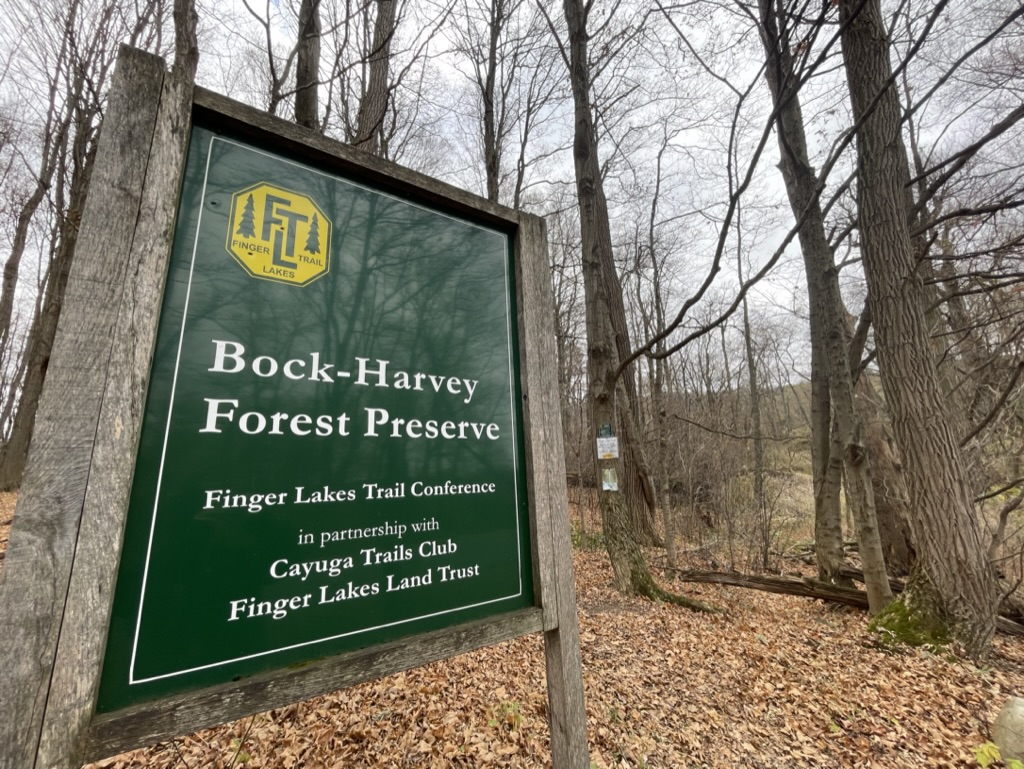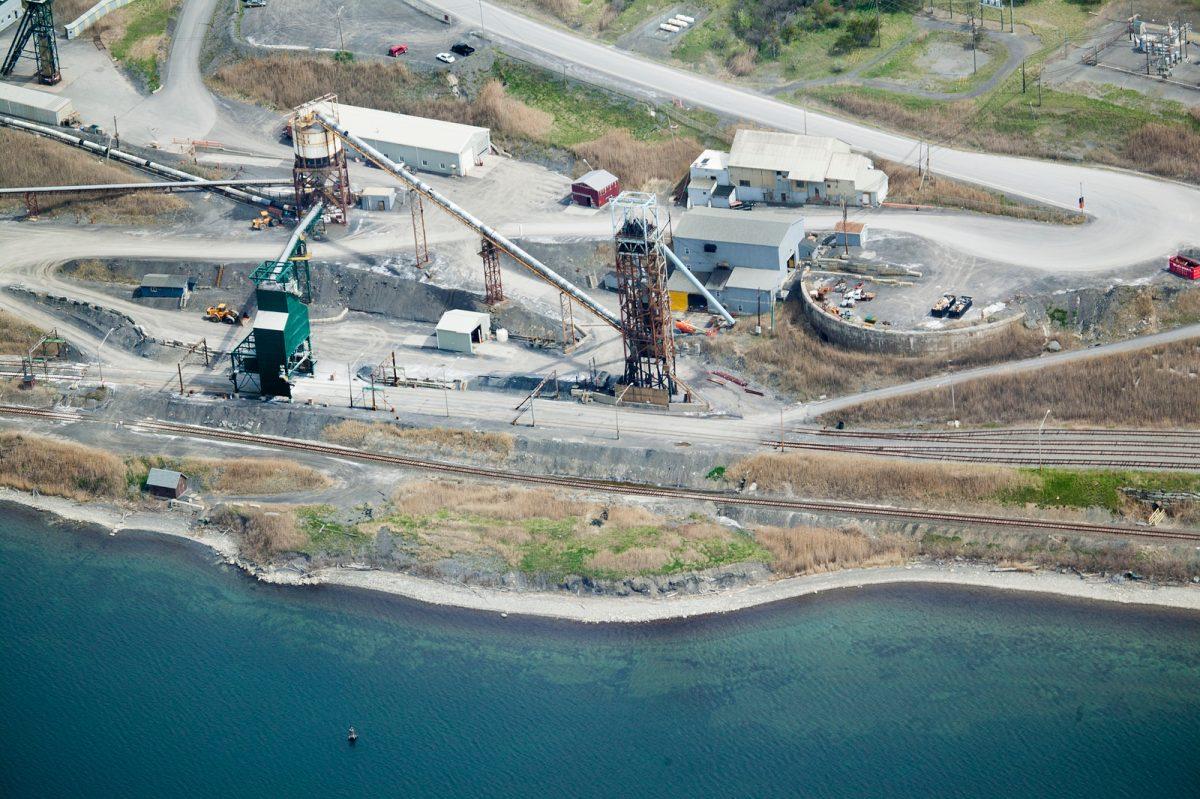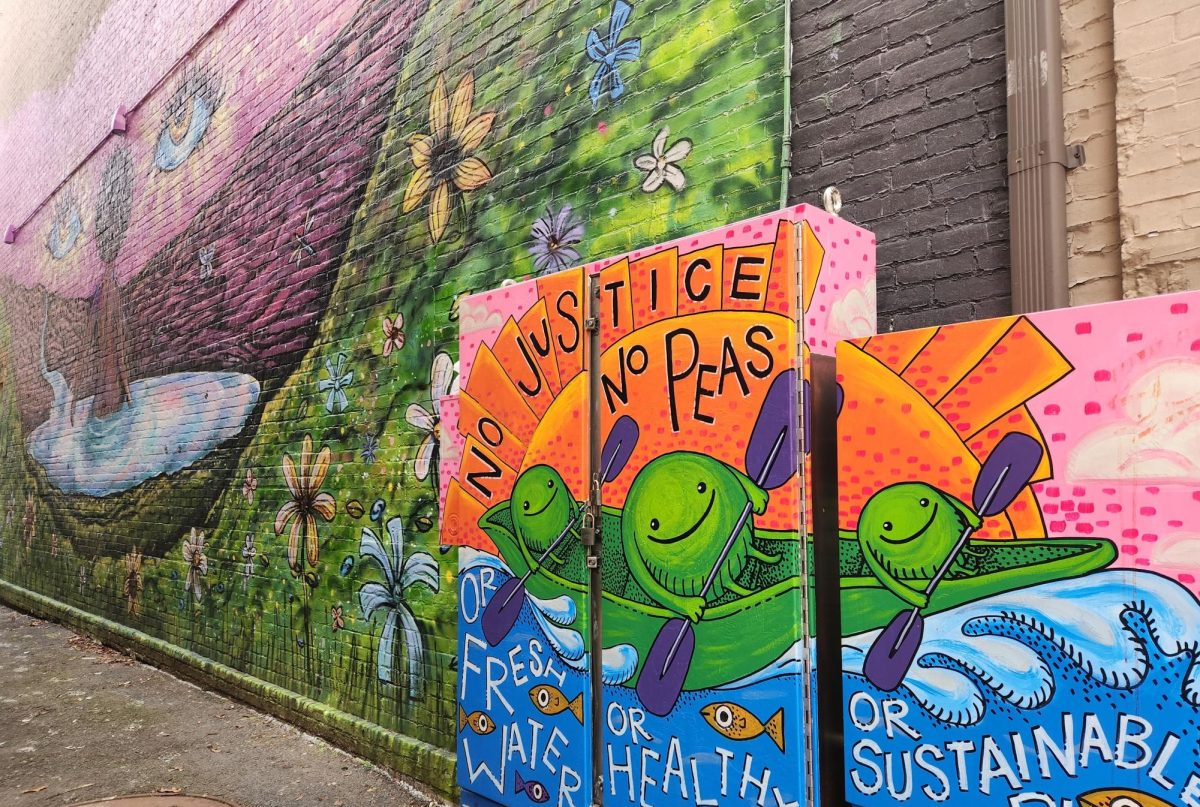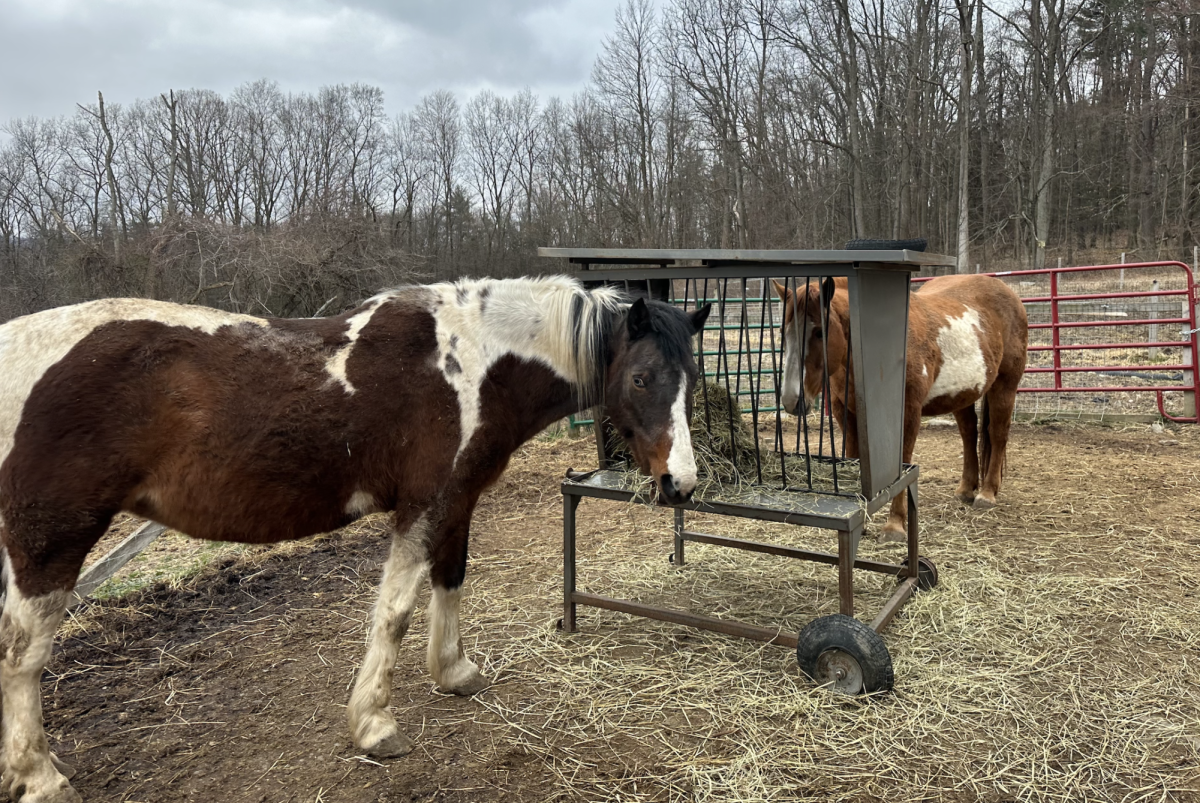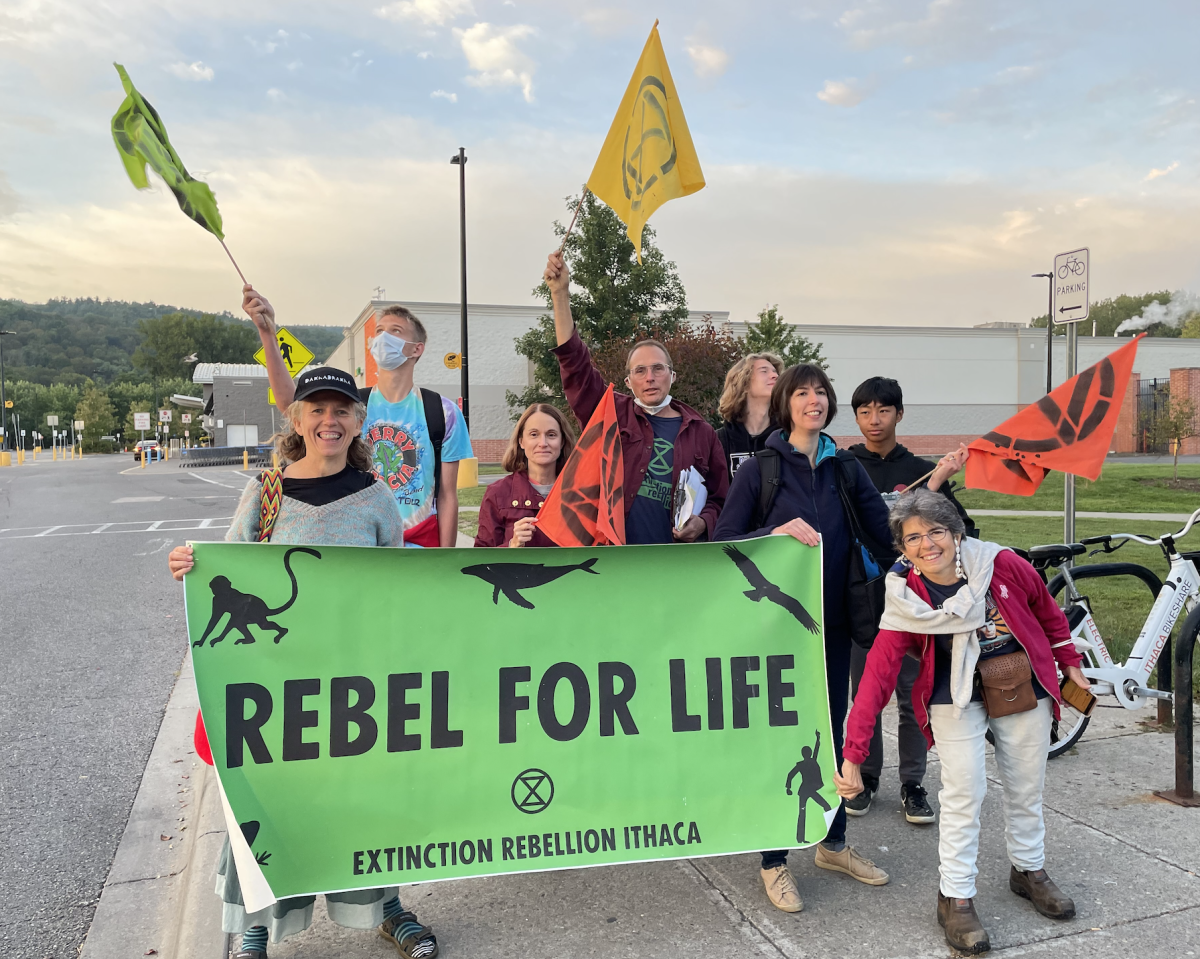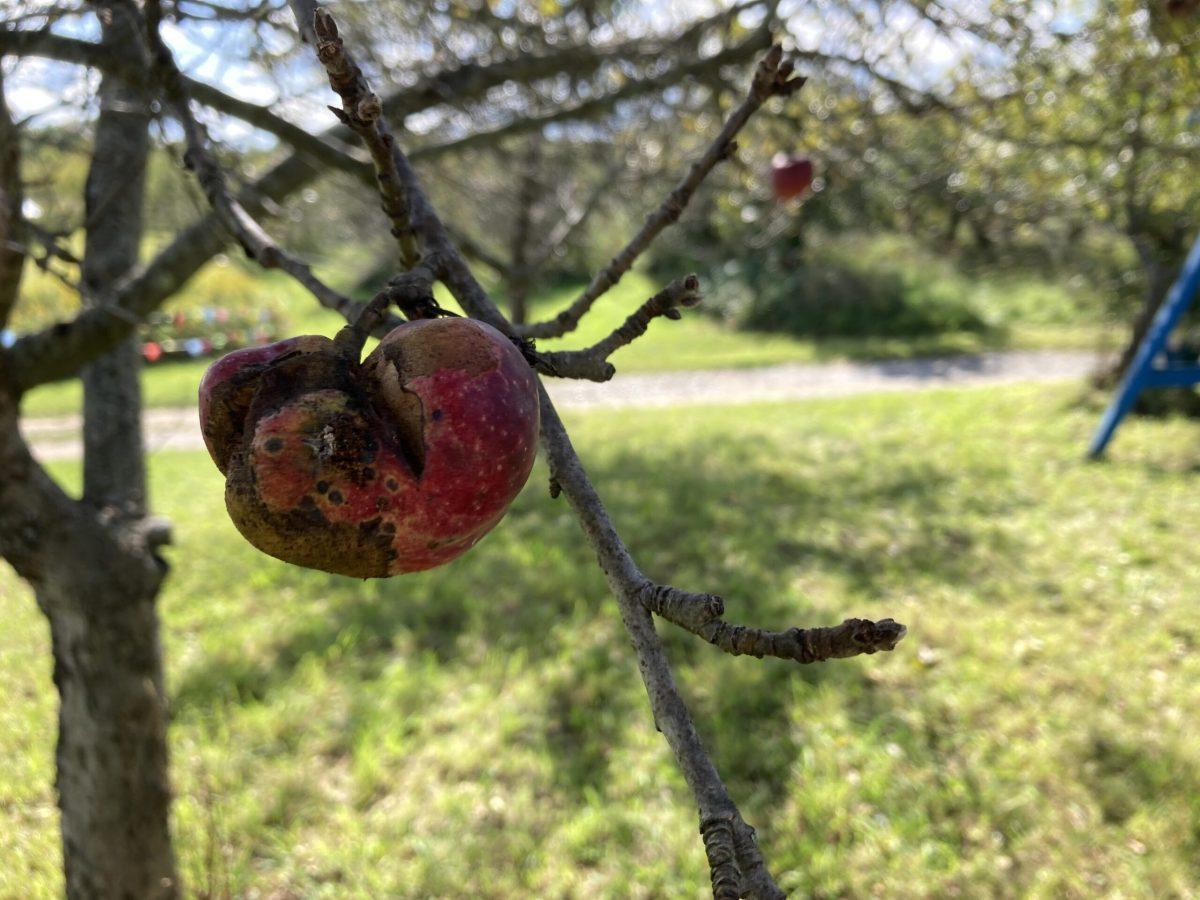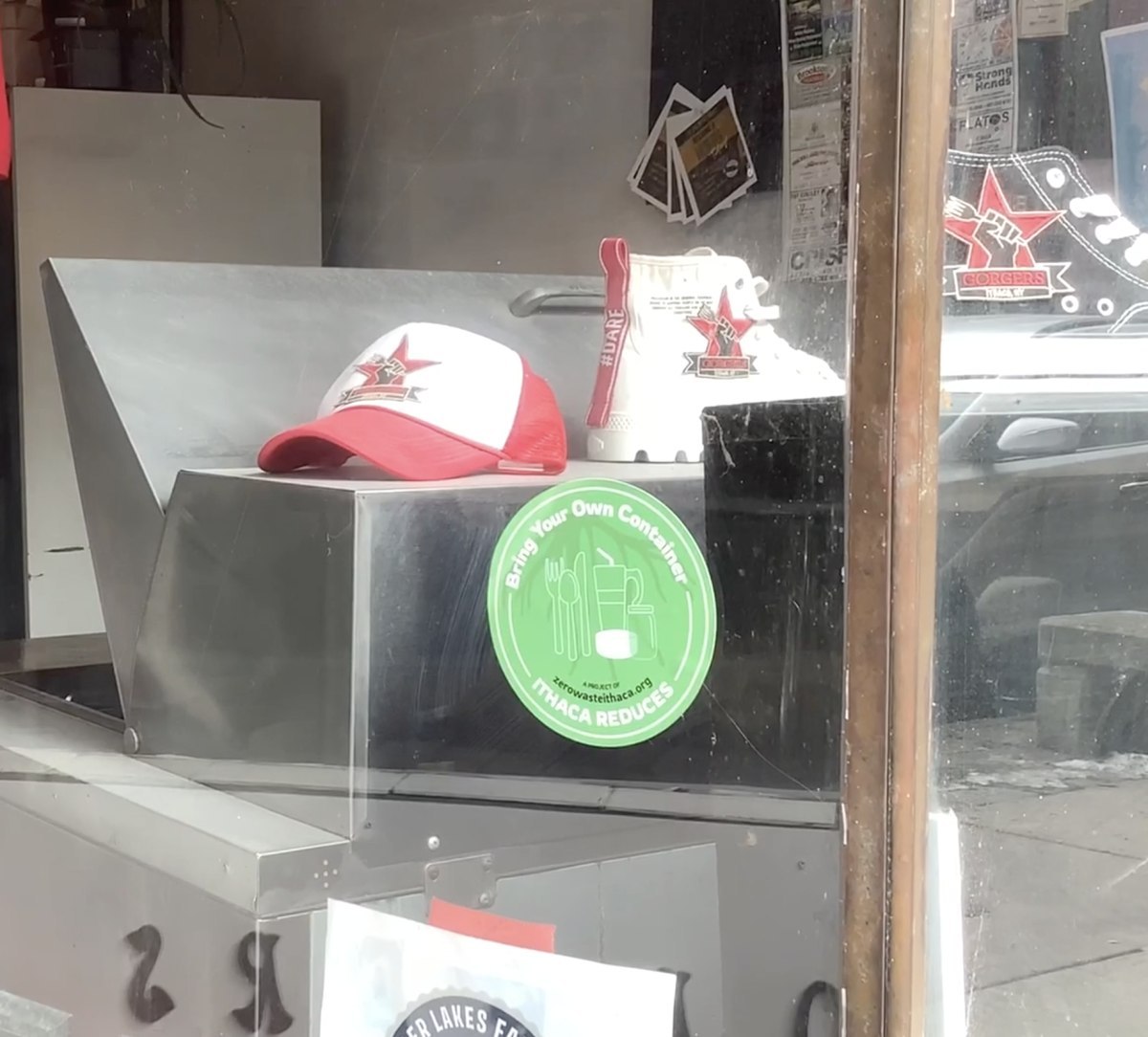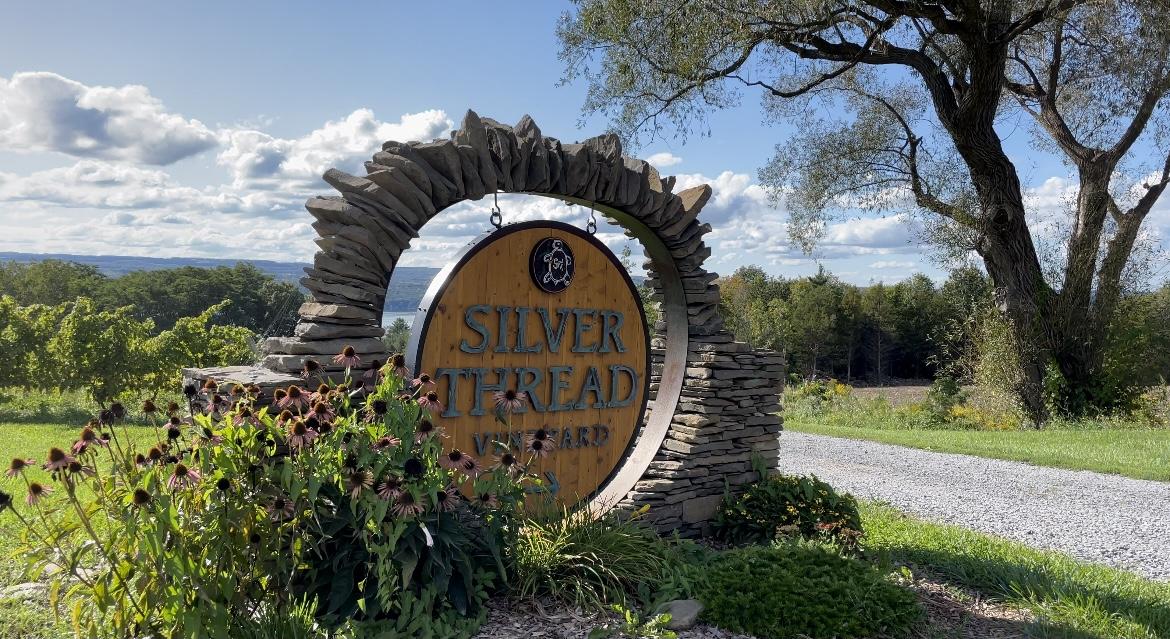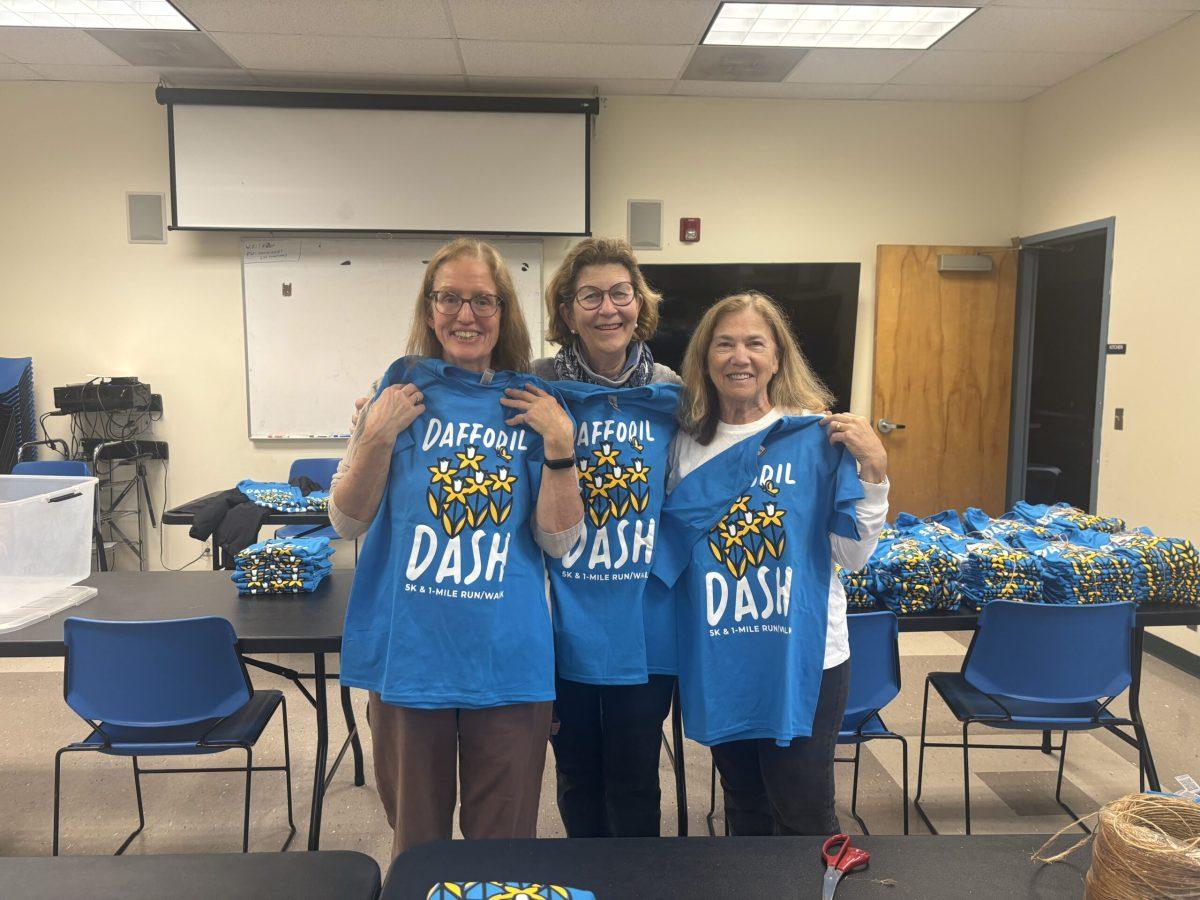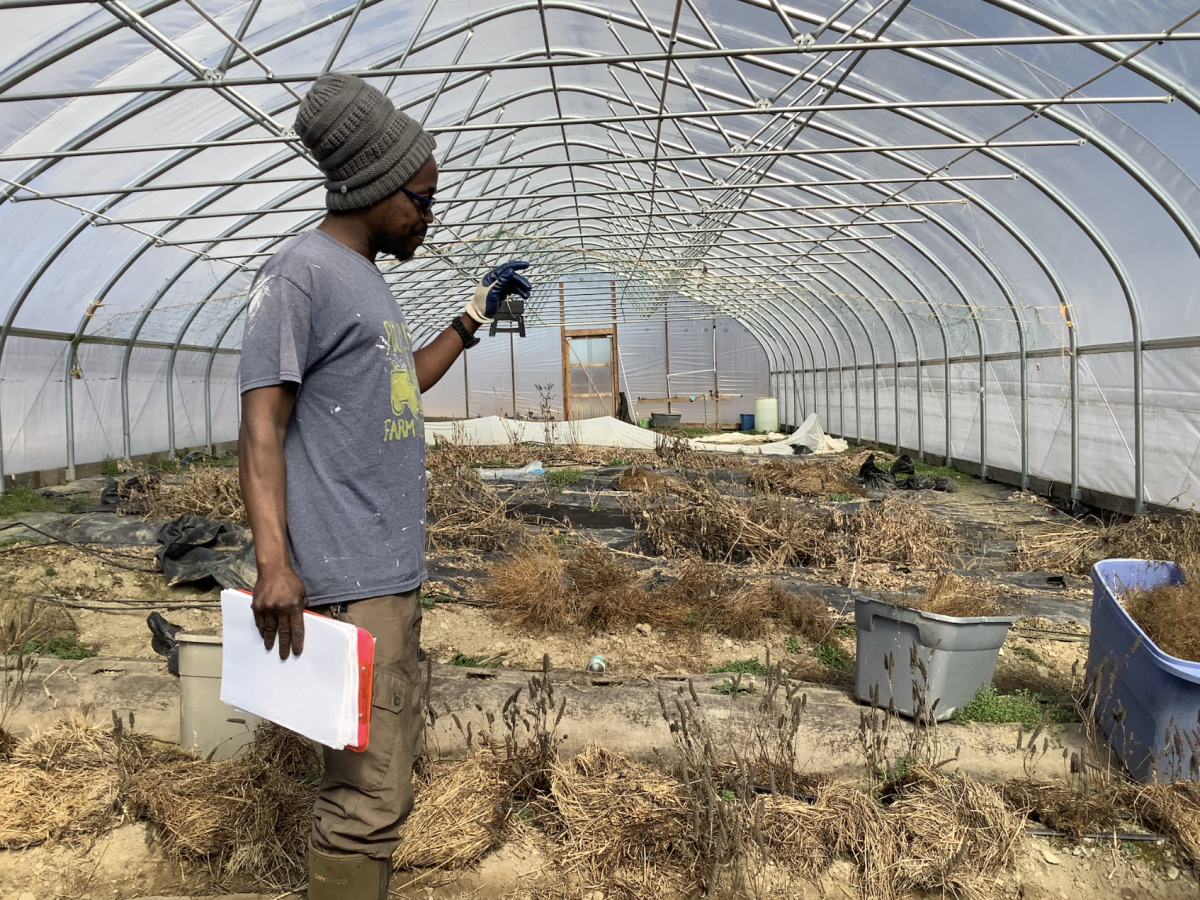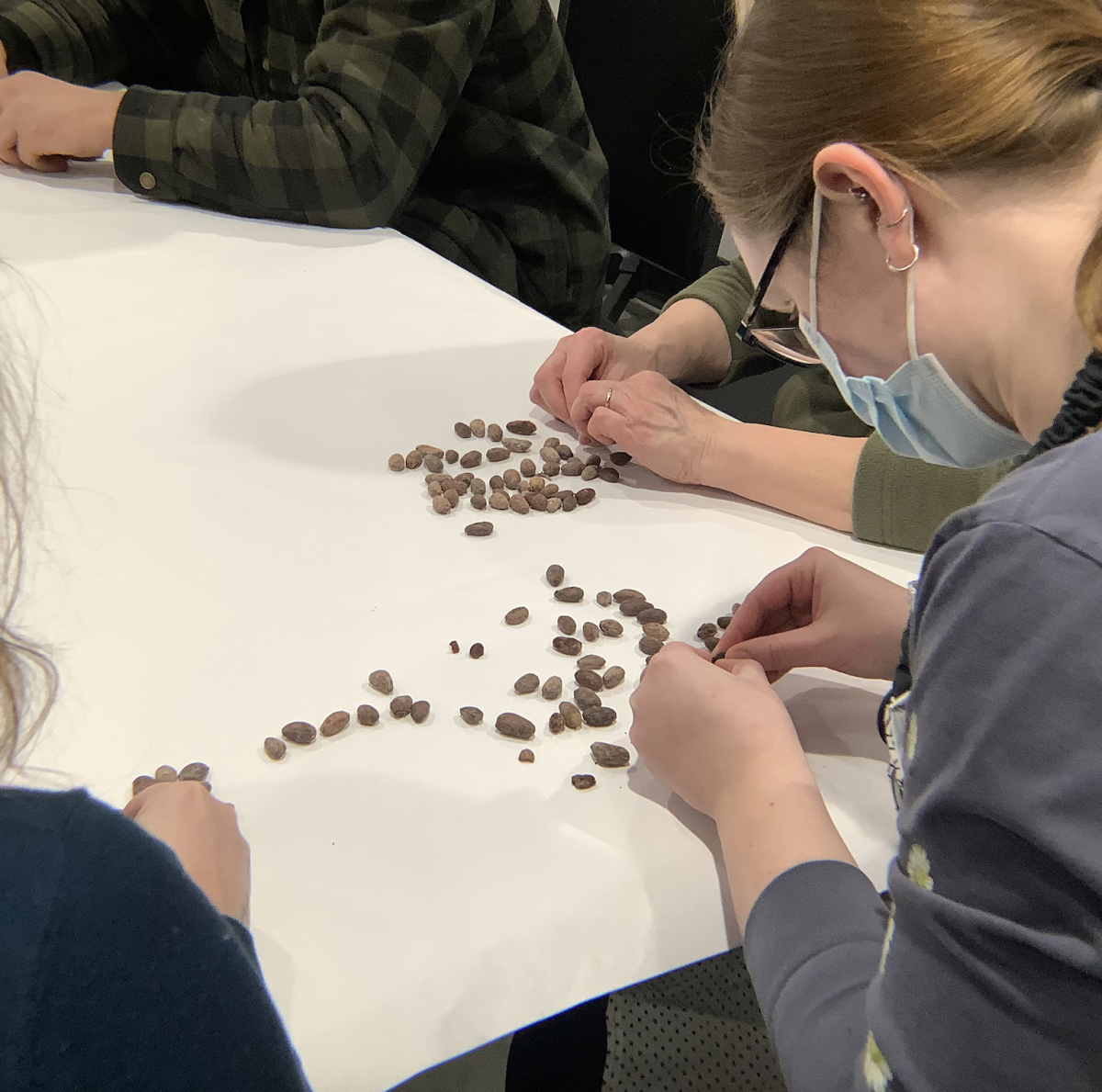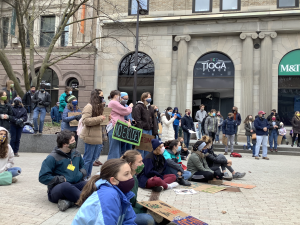
16-year-old Eden Lewis gripped the microphone tightly in her hand as she took the stage of the Bernie Milton Pavilion in Ithaca, NY. As she looked defiantly into the crowd, dozens of people – from fellow classmates to local politicians – stared back, hanging on her every word. This was her moment, a chance to speak out against inaction toward the climate crisis, and she wasn’t going to waste a word. Lewis’ speech was a part of the Earth Day climate rally last Thursday.
The event, which was hosted by Sunrise Movement Ithaca, was one of many protests that marked this year’s 51st annual Earth Day. What made Ithaca’s rally unique was the emphasis on youth activism.
Although there were adult speakers at the event, speeches from high-school and college students were the main focus of the event. This was further reflected by the audience, at least half of which were Ithaca High School (IHS) students who skipped class in favor of the rally.
Students Speak Out
A major theme among the activists was making sure youth voices were heard. During her speech, Lewis described being a teenager in the climate movement as “frustrating.”
“People sometimes mistake my passion as a lack of experience,” Lewis said. “They assume my commitment to the cause is just another fleeting interest like when I tried hockey, basketball and piano but they are wrong … your voice, my voice, our voices need to be heard.”
IHS senior, Magnolia Mead, echoed this fact, demanding that youth have a seat at the table.
“We’re here today because we’re tired of our voices and concerns being shut down and ignored,” she said. “We want a just and equitable future. We want to be part of the decisions made that impact us the most.”
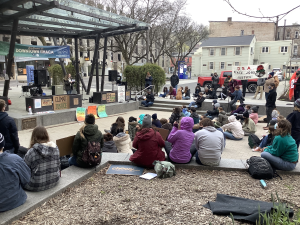
Tackling Global Problems
The issues discussed at the rally went far beyond ageism. Mead, who is Guatemalan, spoke of her uncle who farms coffee fields in Latin America and how his crops have failed in recent years due to rising sea levels and temperatures.
“What’s worse is that Guatemala and most of the countries experiencing these disproportionate effects aren’t the main contributors of greenhouse gases,” Mead explained. “For too long, the United States has produced a disproportionate amount of greenhouse gases to fuel its unsustainable practices. We’re here today because it’s unjust for our government to let corporations and the U.S. exploit the rest of the world for profit.”
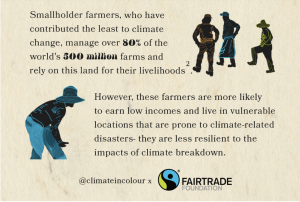
Lewis brought up issues of environmental racism, instances in which communities of color are disproportionately affected by climate change.
“I worry that my Black and brown community will not recover from the damage being inflicted upon us … I worry climate change cannot be fixed at all,” she said. “All of these worries are a constant weight on my shoulders and the shoulders of my peers.”
Lauren Miller, a junior at Ithaca College and project coordinator for IC Eco-Reps. Miller is no stranger to climate protests, having spoken at multiple rallies in past years.
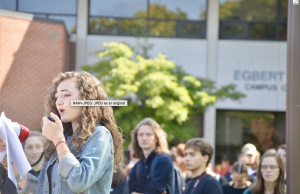
In her speech, which she described as a “love letter” to young activists, she encouraged people to take action even when things seem hopeless.
“There will be times when you cannot imagine a world not shaped by the current mold,” she said. “There’ll be those times when your own eyes fall and you will need friends to lift your chin to remind you can’t have a movement without imagination and you can’t have imagination without hope. Do not wait for someone to give you permission. Create a space for you.”

